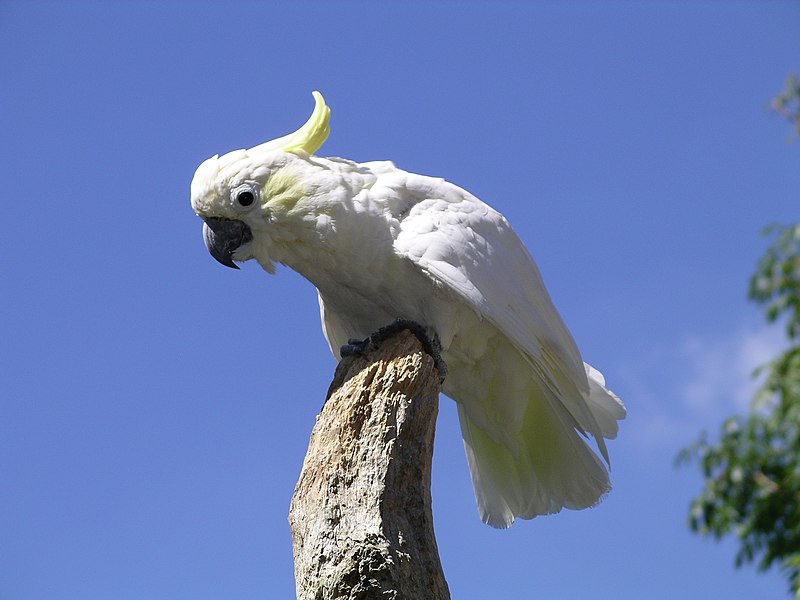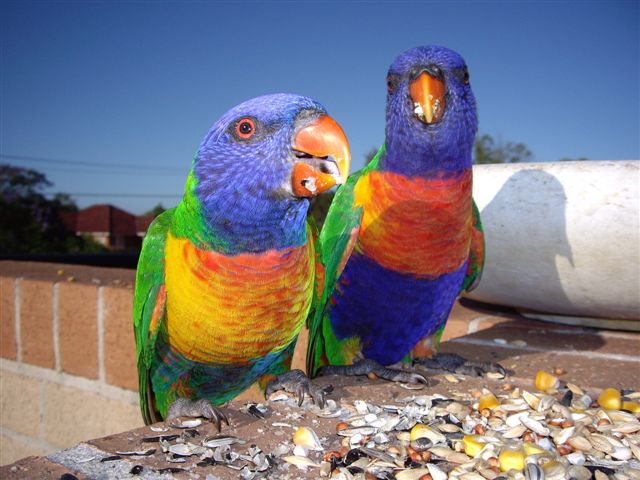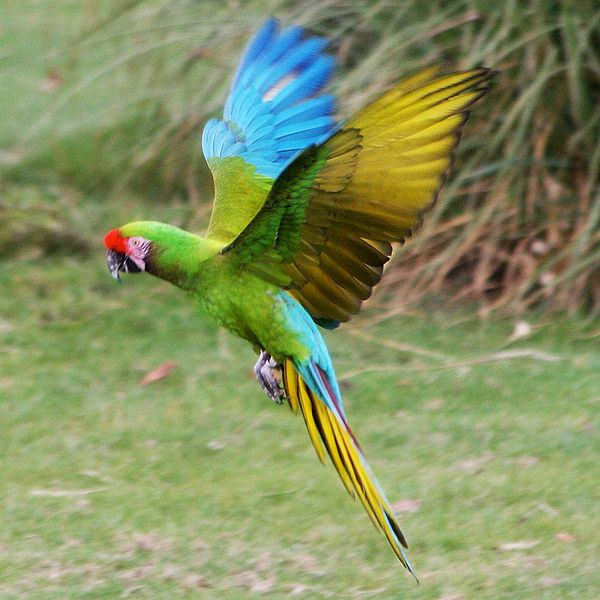 Although revised airport security procedures have cut down on animal smuggling, wildlife criminals continue to circumvent the law in other ways. Much as is done with “dirty money”, wild-caught parrots are now being “laundered” and sold as captive bred. A recent TRAFFIC study revealed that, in the past decade, over 54,000 parrots, lories, cockatoos and other birds have been illegally yet openly exported from the Solomon Islands. The audacity of those involved is shocking…for example, 76 Birds of Paradise of 7 species were claimed to have been bred in a single year (I’ve worked with these birds in zoos, and know the difficulties involved – few institutions have been successful). Add to this the ongoing parrot smuggling problems in Africa (please see below) and it’s easy to see why many pet trade species are in dire need of help.
Although revised airport security procedures have cut down on animal smuggling, wildlife criminals continue to circumvent the law in other ways. Much as is done with “dirty money”, wild-caught parrots are now being “laundered” and sold as captive bred. A recent TRAFFIC study revealed that, in the past decade, over 54,000 parrots, lories, cockatoos and other birds have been illegally yet openly exported from the Solomon Islands. The audacity of those involved is shocking…for example, 76 Birds of Paradise of 7 species were claimed to have been bred in a single year (I’ve worked with these birds in zoos, and know the difficulties involved – few institutions have been successful). Add to this the ongoing parrot smuggling problems in Africa (please see below) and it’s easy to see why many pet trade species are in dire need of help.
Native Solomon Island Parrots
The Solomon Islands, located east of Papua New Guinea, are home to a host of unique species, many of which are found nowhere else on earth. According to TRAFFIC’S report (see text below), the mostly wild-caught birds exported in the past decade included 18,444 Yellow-Bibbed Lories, 15,994 Solomon Cockatoos, 8,000+ Eclectus Parrots, and 10,000+ Cardinal and Rainbow Lorries.
Many Solomon Island endemics are poorly studied, and their needs are difficult to meet even in well-funded zoos. Bird trapping seriously depletes wild populations, especially where, as on the Solomons, re-colonization is not possible. A further consideration is that wild-caught parrots invariably make poor pets. In all likelihood, the 50,000+ exported birds are faring miserably in captivity. Read More »

 That Bird Blog – Bird Care and History for Pet Birds
That Bird Blog – Bird Care and History for Pet Birds



